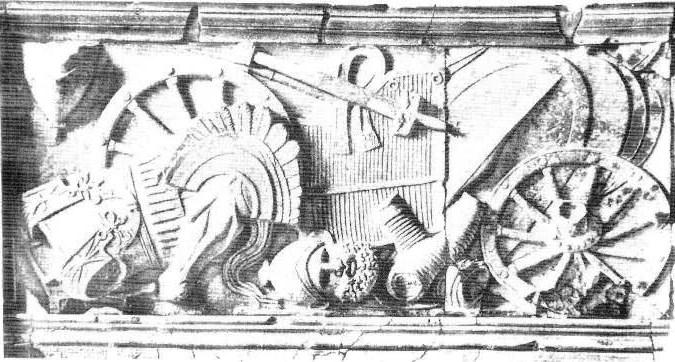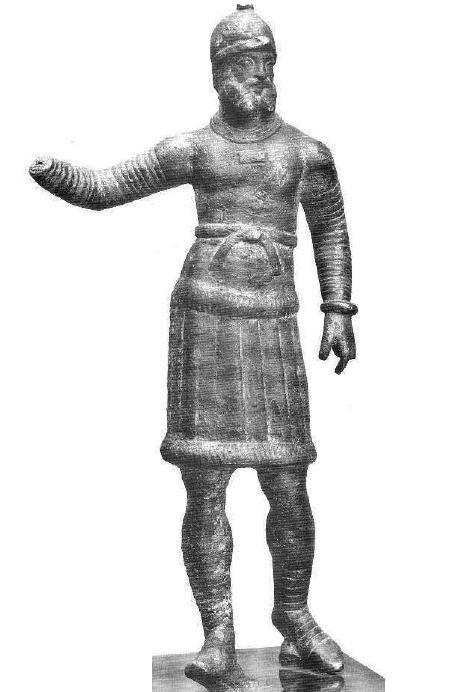I'm interested lately in cheires, (hands/arms translated in ancient Greek), which was a type of armguard used by Persians, Parthians, Seleucid Greeks, Roman, Kushan and other people in Asia from Antiquity until early Medieval times.
I still don't understand the construction of such armor, since the finds are limited.
I'm kindly asking for pictures and information about archaeological finds, paintings, reliefs and sculpture or any other kind of material evidence of the construction and the way they were worn.
Thanks a lot in advance!
-Kostas.

